
Dr. Chikwe Ihekweazu was born in Igboland in southeastern Nigeria in 1971, a year after the Igbos had lost the Biafran War for independence from the rest of the country. Ihekweazu’s father was a doctor and his mother, a German, was a professor at the university. “They had moved there to rebuild the community,” Ihekweazu says. “Our home was a melting pot for all sorts her students, his patients we had a sense that whatever we have, we share.”
After completing medical school at the University of Nigeria in Nsukka, Ihekweazu moved to Germany, where he received a master’s degree in public health and then worked in the national health system.
In 2002, he became an epidemiologist at what is now Public Health England in Bristol, UK. One of his mentors, James Stuart, a Bristol-based consultant for the World Health Organization (WHO), remembers Ihekweazu as highly skilled.
Ihekweazu had always imagined that he’d return to Nigeria. But the longing for home became intense when he attended a TED conference in Tanzania in 2007, where African speakers talked about how fulfilled they felt to be improving their home countries.
After the presentations, Ihekweazu said to his closest friend, Ike Anya, a fellow Nigerian public-health specialist in the United Kingdom, “It is time to go home.”
During the 2009–10 H1N1 influenza pandemic, Ihekweazu criticized the country for being unprepared. “Nigeria needs a central, well-resourced centre for infectious disease prevention and control,” he wrote in 2010, “or one day we will pay the price the hard way.” Out of the blue, he says.
It was after that, that Nigeria’s health minister wrote to him to say that he was in London and wanted to meet. It was after their conversation that Ihekweazu got a call from an official in Nigeria one July evening in 2016, telling him that in the morning, Nigerian President Muhammadu Buhari would appoint him head of the novitiate Nigeria Centre for Disease Control (NCDC), a position he neither applied for nor wanted. He however, accepted the position in order to avoid being hypocritical to have complained about the government’s approach and then reject an opportunity to fix it. He was going home, he thought.
Ihekweazu’s challenges in the Nigerian health sector
One of Ihekweazu’s biggest challenge is funds
“One of my biggest responsibilities is to fight for more money within the government budget,” Ihekweazu says. But it’s a difficult task, because health investments rarely result in things that people see, such as airports or roads, he explains. “Politicians can’t say ‘look at the meningitis outbreak that didn’t happen’ and have it win them votes.”
Ihekweazu also appealed to Nigeria’s thriving private sector. He says that businessman Aliko Dangote, the richest man in Africa, has expressed an interest in supporting the agency. “We are discussing something around laboratory networks, since his companies’ biggest strengths are in logistics and manufacturing,” Ihekweazu says.
More than anything, Ihekweazu struggles to afford the staff he requires. He’s managed to grow the agency from 90 people to 213. Nearly half of NCDC employees are under 30 years of age. That’s partly due to the low salaries he has to offer, but Ihekweazu loves their willingness to learn and their energy.
Ihekweazu’s Impact on the health sector in Africa and Nigeria
In 2011, Ihekweazu and his family moved to South Africa, where he became co-director of the national tuberculosis centre.
Ihekweazu is the co-founder of EpiAFRICA, a health-care company that consults for organizations across Africa and Nigeria. And also, Nigeria Health Watch a blog where he comments on health issues in Nigeria.
Just two years after his appointment as the director of the NCDC in Nigeria, he has more than doubled the size of the NCDC staff, set up a network of molecular-biology labs across the country and become the steward of multimillion-dollar grants intended to diffuse the threat that an epidemic in Nigeria poses for the rest of the world. On his watch, the nascent agency has battled about a dozen outbreaks, which have infected more than 70,000 people “We are building the ship while we are sailing,” Ihekweazu says.
Now he has another two years to transform the NCDC into an organization that will operate successfully long after he’s gone.
Many have faith that he can do so, because he’s proved to be an agile leader in a fragile part of the world such as Nigeria.
With Ihekweazu’s leadership, the NCDC is creating a better health security infrastructure for Nigeria than what it had in 2014. With this, Nigeria is much safer and prepared than it has ever been.
This is why Nigerians have faith and are hopeful that in situations like this, where the Covid-19 has hit the country, Chikwe Ihekweazu just might be the answer to their silent prayers.
You may be interested
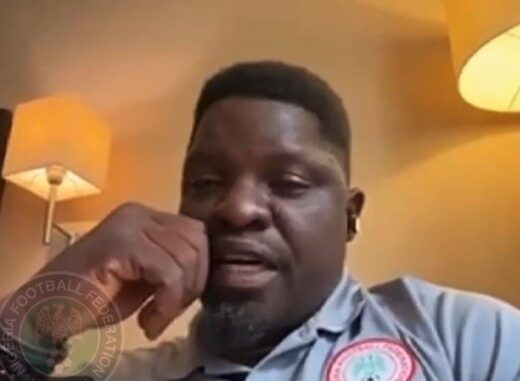
2024 CHANQ: History Not Kind To Us Against Ghana –Ogunmodede
Webby - December 24, 2024Home-based Super Eagles coach Daniel Ogunmodede says history has not been good to Nigeria when they face rivals Ghana.The home-based…

Ex-Chelsea Star Oscar Returns To Boyhood Club Sao Paulo
Webby - December 24, 2024Former Chelsea midfielder Oscar is returning to his Brazilian boyhood club Sao Paulo after 14 years, which included a long…
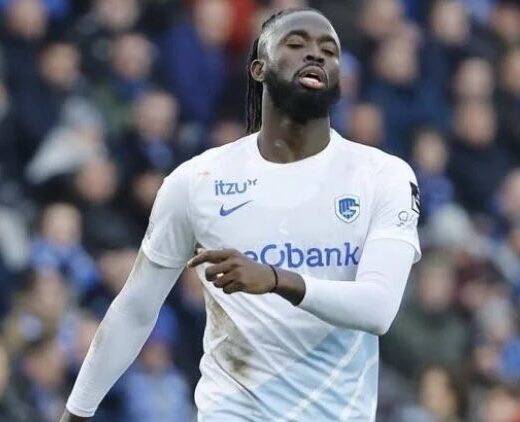
‘I’m Incredibly Proud’– Arokodare Talks Up Genk’s Unbeaten Home Streak
Webby - December 23, 2024Tolu Arokodare is full of excitement followingGenk’s historic victory over Anderlecht, reports Completesports.com.Sunday’s win at the Cegeka Arena was the…


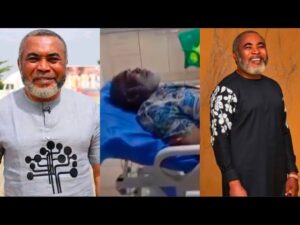
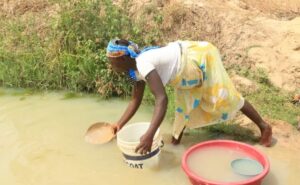


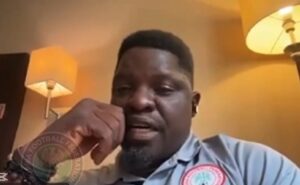




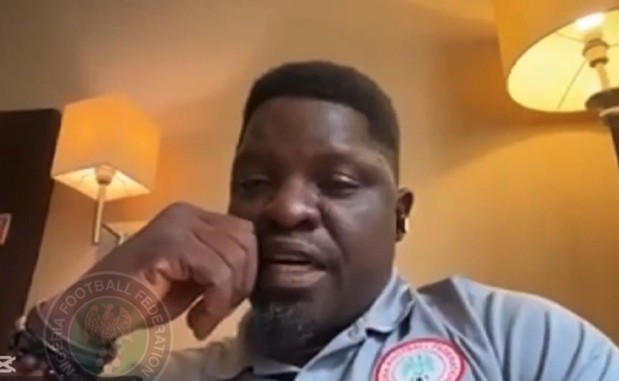

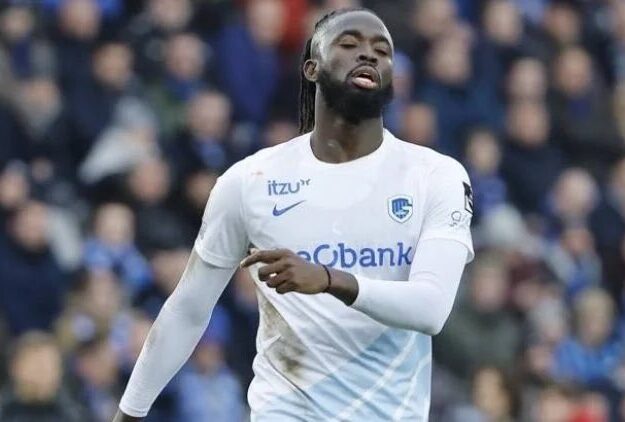








![American Pastor, David Wilson Seen Eating The Box Of Woman Who Isn’t His Wife [Video]](https://onlinenigeria.com/wp-content/uploads/2019/10/american-pastor-david-wilson-seen-eating-the-box-of-woman-who-isnt-his-wife-video-150x150.jpg)








